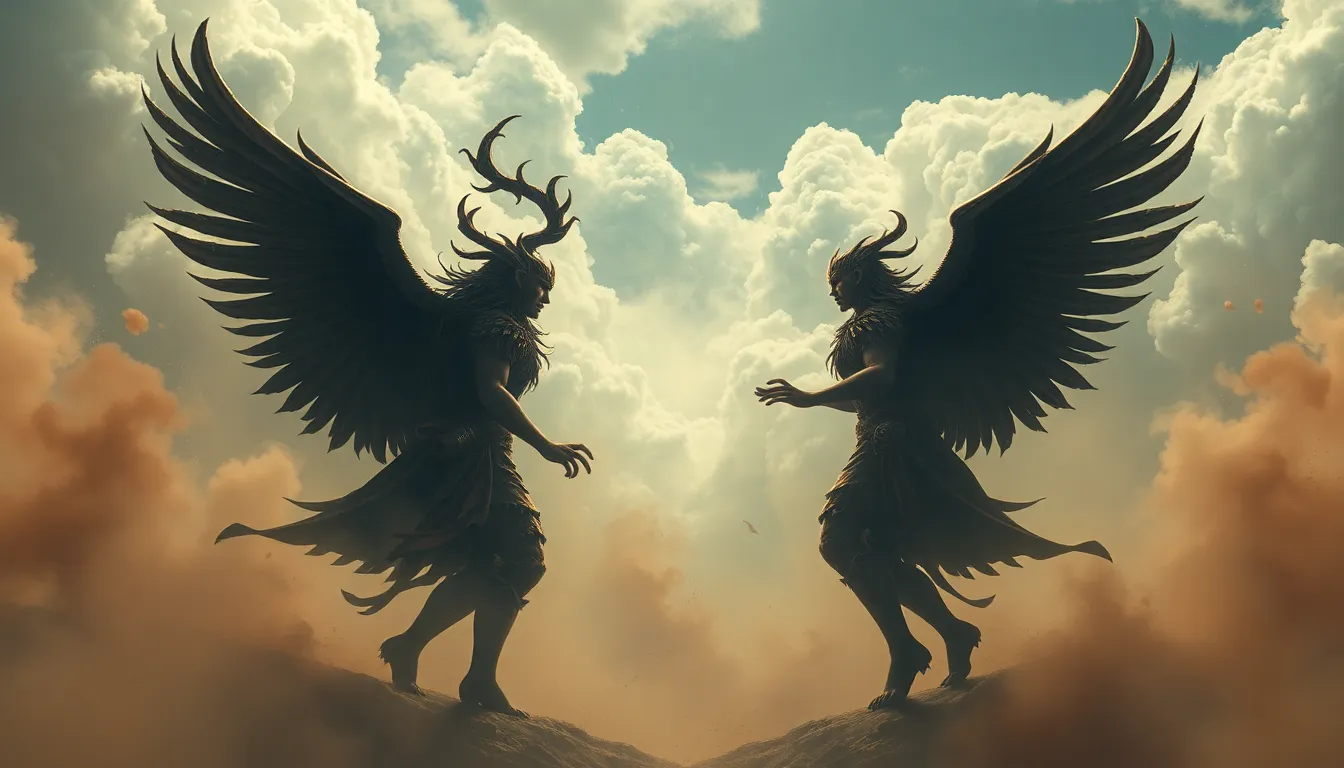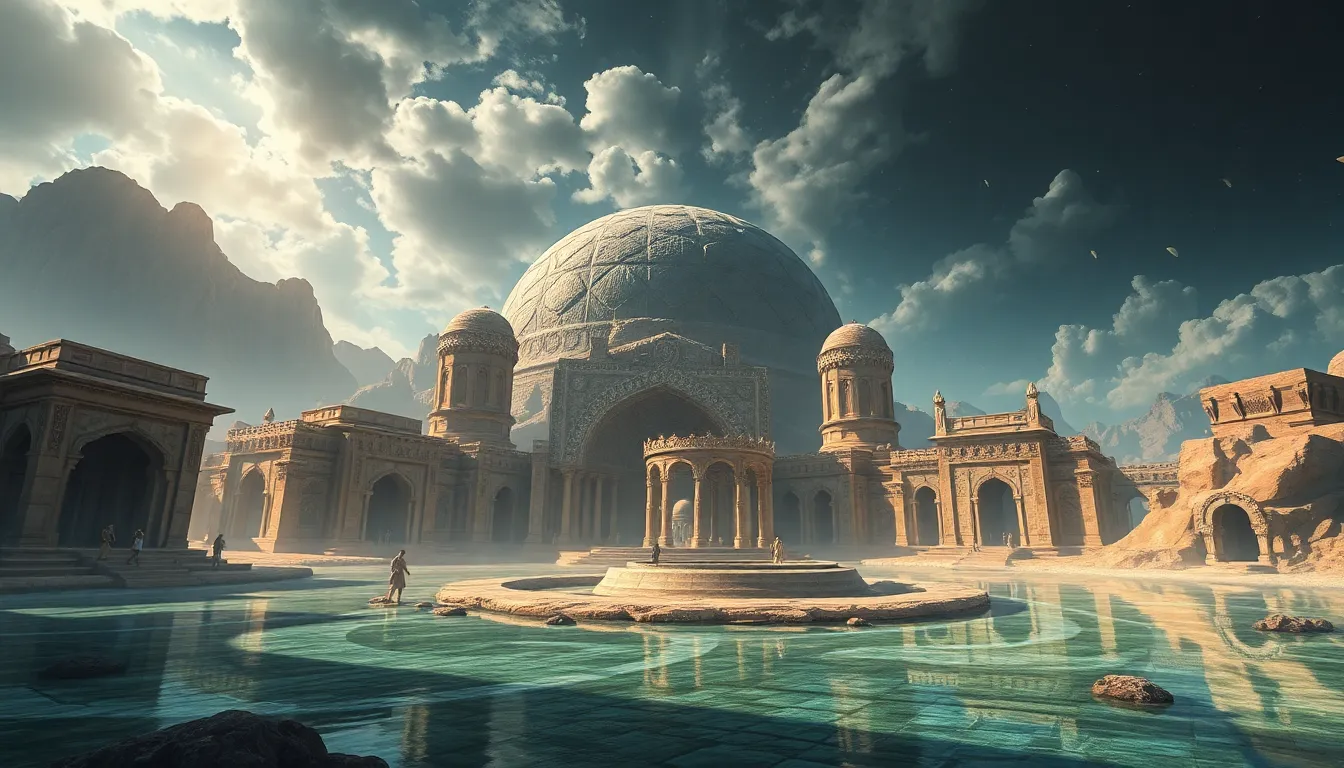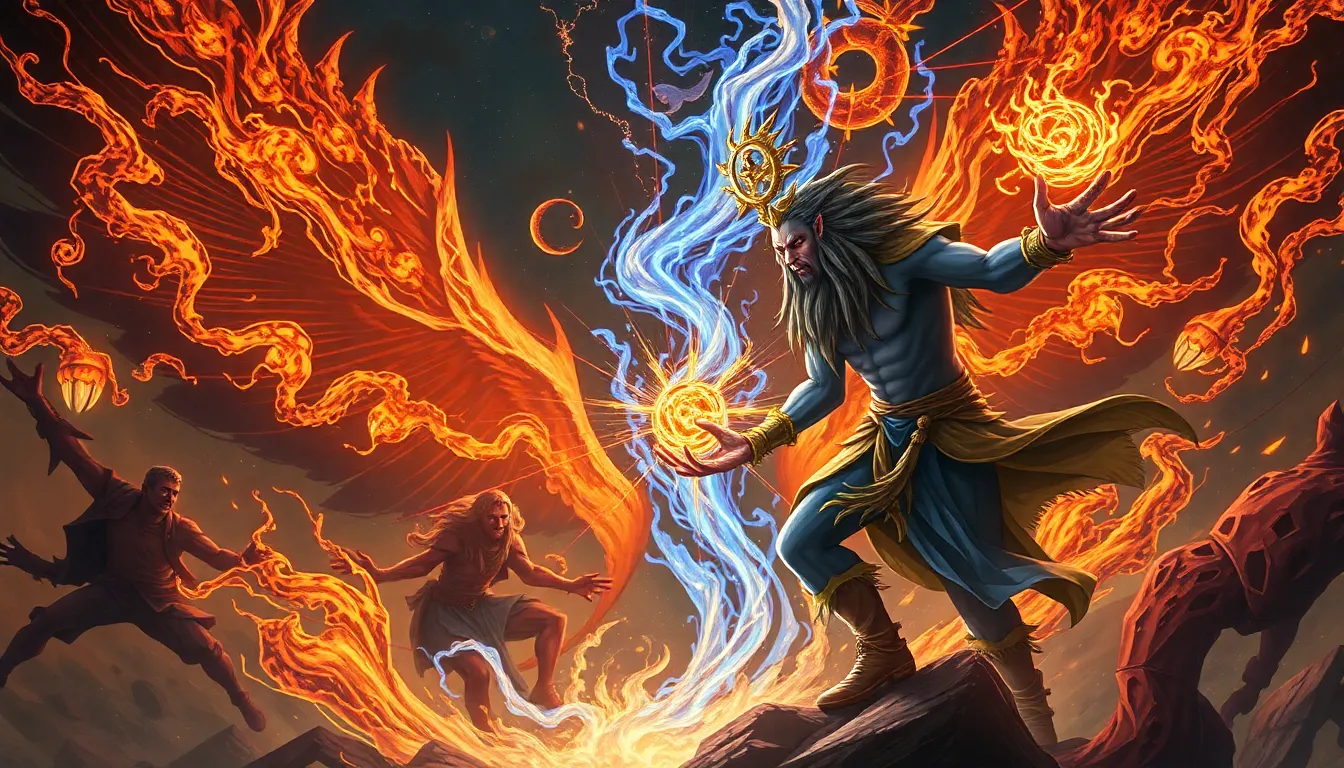Cultural Heroes: The Myths That Challenge Our Perspectives
Introduction to Cultural Heroes
Cultural heroes are significant figures who embody the values, ideals, and aspirations of a society. They often emerge from myths and legends, serving as symbols that help people navigate their cultural identity and moral landscape. The significance of these heroes lies not only in their deeds but also in the narratives that surround them, which shape our understanding of heroism itself.
Myths play a crucial role in this process, as they provide a framework through which societies interpret the actions and characteristics of heroes. By examining these narratives, we can gain insights into the collective psyche of cultures and how they define what it means to be a hero.
The Evolution of Mythical Heroes Across Cultures
Throughout history, cultural heroes have evolved within various civilizations, each reflecting the unique values and challenges of their times. From Gilgamesh in ancient Mesopotamia to Hercules in Greek mythology, heroes have often embodied traits such as bravery, strength, and morality.
When we compare hero archetypes in Western and Eastern mythologies, we find both similarities and differences:
- Western Mythologies: Heroes often embark on epic quests, facing formidable foes and overcoming insurmountable obstacles. They are frequently depicted as larger-than-life figures, such as King Arthur or Odysseus.
- Eastern Mythologies: Heroes may display more introspective qualities, emphasizing wisdom and harmony over brute strength. Figures like Sun Wukong from “Journey to the West” or the Buddha exemplify this approach.
This evolution of heroes highlights the cultural context in which they arise, shaping our collective understanding of heroism across different societies.
Challenging Conventional Narratives: The Role of Anti-Heroes
In modern storytelling, the emergence of anti-heroes has significantly challenged traditional notions of heroism. These characters often exist in moral gray areas, exhibiting flaws and complexities that make them more relatable to contemporary audiences.
Anti-heroes like Walter White from “Breaking Bad” or Tony Stark from “Iron Man” force us to reconsider what it means to be a hero. They depict:
- Ambition and moral ambiguity
- Personal struggles and ethical dilemmas
- The capacity for both good and evil within individuals
These narratives compel us to engage with the imperfections of heroism, reflecting the complexities of human nature and societal expectations.
The Psychological Impact of Cultural Heroes
Cultural heroes have a profound influence on individual identity and societal values. They serve as role models, inspiring people to emulate their qualities and aspire to greatness.
Moreover, myths shape our moral and ethical frameworks, guiding our understanding of right and wrong. They provide narratives that help individuals navigate life’s challenges, often encouraging:
- Resilience in the face of adversity
- Compassion towards others
- A sense of justice and fairness
As such, cultural heroes and their associated myths can significantly impact the values we hold dear as individuals and as a society.
Representation in Media: Heroes We Idolize
In contemporary media, the portrayal of cultural heroes has become increasingly diverse and complex. Films, literature, and social media platforms play critical roles in shaping hero narratives and public perception.
For instance, blockbuster films often celebrate traditional heroes, while independent films and literature may explore more nuanced and diverse representations. Key factors influencing these portrayals include:
- The rise of superhero franchises
- The emergence of diverse voices in storytelling
- The impact of social media in amplifying marginalized narratives
These mediums reflect and sometimes reshape our understanding of heroism, inviting us to reconsider who we idolize and why.
Cultural Heroes in the Age of Globalization
Globalization has profoundly affected the perception and creation of cultural heroes. As cultures interact and merge, heroes can transcend borders and gain international recognition.
Examples of cross-cultural heroes include:
- Nelson Mandela: A symbol of peace and resilience, Mandela’s legacy resonates globally.
- Malala Yousafzai: An advocate for education, her story inspires individuals worldwide, transcending cultural boundaries.
This globalization of hero narratives reflects a growing interconnectedness, allowing for a more inclusive understanding of what it means to be heroic.
The Dangers of Hero Worship
While cultural heroes can inspire, there are dangers associated with idolizing them without critical evaluation. Hero worship can lead to unrealistic expectations and blind loyalty.
Case studies of cultural heroes whose flaws complicate their legacies include:
- Christopher Columbus: Once celebrated as a hero of exploration, his actions towards indigenous peoples have led to a reevaluation of his legacy.
- Thomas Jefferson: While revered for his role in American independence, his ownership of slaves complicates his status as a hero.
Recognizing the complexities of these figures allows us to engage critically with their narratives and understand the full spectrum of heroism.
Reimagining Heroes: The Rise of Diverse Narratives
The importance of diverse representation in hero narratives cannot be overstated. As societies become more aware of marginalized voices, there is a growing movement to highlight lesser-known heroes from various communities.
Examples include:
- Harriet Tubman: A key figure in the Underground Railroad, her story represents bravery and resistance.
- Frida Kahlo: An artist whose life and work challenge traditional notions of femininity and strength.
These narratives encourage a more inclusive understanding of heroism, allowing for a richer tapestry of cultural heroes.
Myth-Busting: Debunking Common Misconceptions About Heroes
Common myths surround well-known heroes, often leading to misconceptions about their lives and achievements. Examining these myths is essential for understanding the true nature of heroism.
For instance:
- Many believe that heroes are always selfless; however, many heroes act out of personal motives or benefits.
- Some heroic figures are mythologized to the extent that their actual contributions are overshadowed by exaggerations.
Historical accuracy and personal biases play significant roles in shaping our understanding of these figures, illustrating the need for critical engagement with hero narratives.
Conclusion: The Future of Cultural Heroes and Myths
As society evolves, so too will our understanding of cultural heroes and the myths that surround them. The future of hero narratives will likely reflect ongoing changes in values, diversity, and global perspectives.
It is essential for readers to engage critically with the myths that shape their perspectives on heroism. By doing so, we can foster a more nuanced understanding of what it means to be a hero in today’s world, celebrating the complexities and challenges that come with the title.



